Born & Bred: A League of Her Own
This story first appeared in the 26th issue of Born & Bred on the 50 Years of Carolina Women's Athletics.
By Adam Lucas, April 7, 2022
Malaika Underwood is part of a very exclusive group among University of North Carolina student-athletes: those who received a full athletic scholarship for a sport that is secondary to the one that eventually became their most decorated pursuit.
Underwood, a San Diego native, came to Carolina on a volleyball scholarship. She excelled, including winning the ACC Tournament MVP award in 2001 and helping propel the Tar Heels to four straight NCAA Tournament appearances.
She’s clearly an accomplished volleyball player. But all her athletic dreams – and many of her athletic achievements – have actually come on the baseball field.
Underwood has represented the Team USA in baseball ten times in international competition, more than any other male or female on the diamond, and has won four gold medals. She’s achieved so much in and out of athletics that it’s difficult to know exactly how to describe her. But one depiction is indisputable: she’s a baseball player.
“I grew up playing baseball and that was my passion,” she says. “In San Diego, playing outside and playing baseball sandlot-style was an everyday thing. I played Little League. And in my mind, that’s all I cared about. I wanted to be the first woman in Major League Baseball.”
Underwood’s athletic career diverged when she needed to find a sport to occupy her time in the fall and winter of her freshman high school year. She knew she’d play baseball in the spring, but didn’t want to take a typical PE class in the other seasons. She needed to be part of a team.
Not surprisingly, she was a natural at volleyball in the fall and basketball in the winter. Recruiting attention in both sports soon followed, giving her a unique decision to make: pursue her passion of baseball, in which there was no clear path to the next level – or, arguably, even a next level – or the newfound enjoyment of her “other” two sports.
That’s what led her to Chapel Hill on a recruiting visit in the fall of 1998.
“When I showed up for my official visit at Carolina, the leaves were changing, and for a California girl the leaves and seasons were so dramatic,” she says. “They knew I was a Carolina basketball fan by way of Michael Jordan, and arranged for me to meet Dean Smith. He was kind enough to spend a few minutes with me. I had a blast on Franklin Street.
“I still had one recruiting trip left, to the University of Rhode Island. I got off the plane after my visit to Carolina and told my dad, ‘I know where I’m going to school. Stop the process.’”
Thom Underwood advised his daughter to finish out her recruiting commitments, but Malaika already knew she was a Tar Heel. And while she couldn’t play baseball for the Heels, it did put her conveniently less than a half-hour from the USA Baseball complex in Cary.
She made the National Team for the first time in 2006, when she helped win a world title for Team USA. And she’s been a fixture ever since, even while building a successful career in an emerging area of key importance to current college athletes.
Underwood currently works as the senior vice president for licensing at One Team Partners. In that role, she works closely with professional sports, but she’s also integral to the company’s efforts with college athletes, which puts her squarely in the middle of the name, image and likeness discussion nationally.
Her current area of focus is group licensing, a topic where Carolina has been among the national innovators in the early months of the new world of college sports. It’s a rapidly changing field, one in which even the experts – Underwood was recently named to Sports Business Journal’s prestigious 40 Under 40 list – know the parameters change daily.
“I remind myself every day that we’re only seven months in,” she says. “I think there will be a lot of things that we look back and say, ‘I can’t believe that used to be OK.’ I do think we’re moving in the right direction. The opportunity for athletes in college to maximize this moment in time for themselves, whether through individual opportunities or group licensing opportunities, is fantastic. As a former college athlete, I wish I had that opportunity.”
It’s not difficult to imagine Dean Smith being very pleased that a few minutes spent with a promising high school recruit has helped break new ground, extend the Carolina legacy across multiple fields, and find new ways for student-athletes to expand their influence. As Underwood says, it’s difficult to fully identify “home” when you’ve lived on both coasts and currently live in the Atlanta area.
But there’s just something about Chapel Hill. With a busy schedule that includes a family and two children, Underwood wishes she had the opportunity to return to Carolina more often. She hasn’t been back on campus since before the pandemic began. But like a longtime friend who picks up a conversation right where it left off, no matter how long an absence has been, she knows exactly what Carolina means to her.
“There’s something special about just the campus itself,” she says. “I miss the brick buildings, the quad, Carmichael. It’s a great place. But it’s overwhelmingly about the people. I stay in contact with a number of teammates who I played with. The bond we have is amazing, and it has continued for so many years even as we’ve gone our separate ways and started families. We’ve ended up in different places but we’re still very much connected, and that’s what Carolina is to me.”

